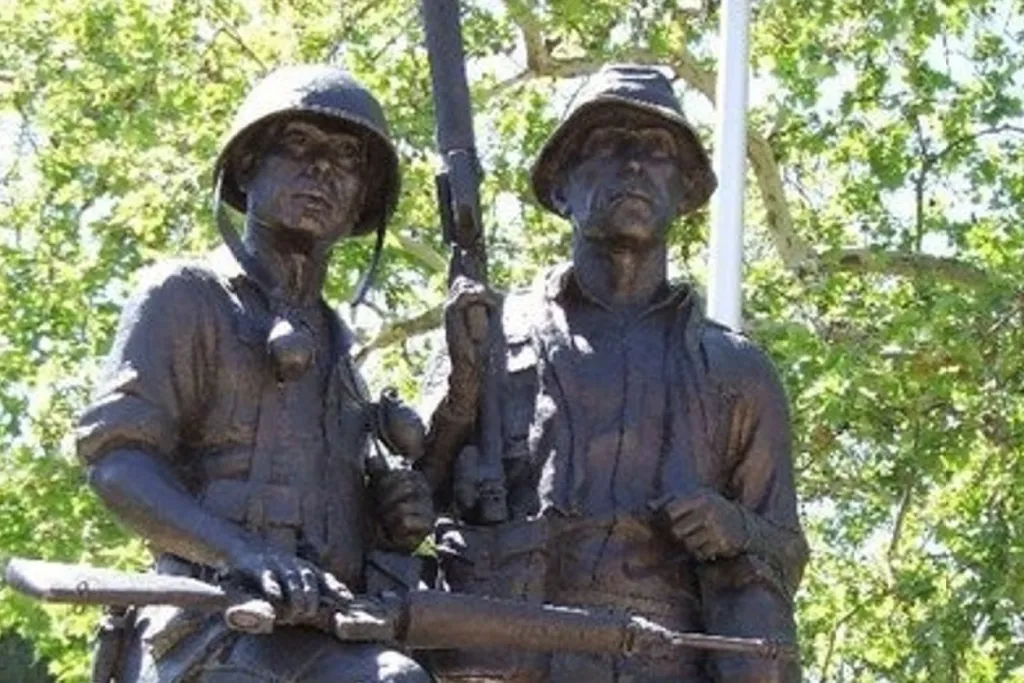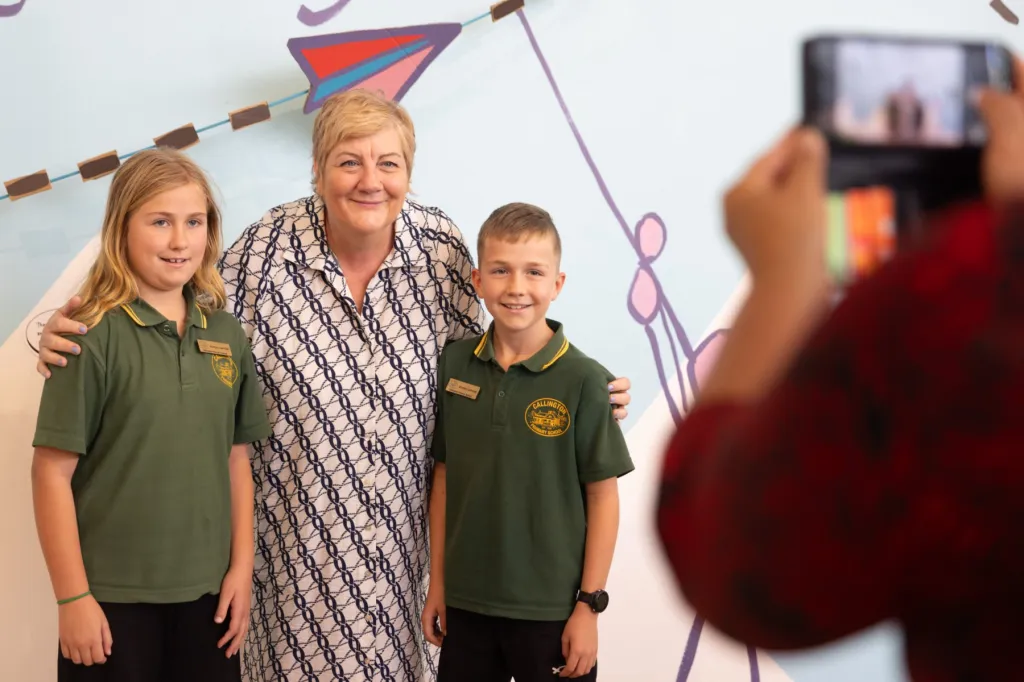Helping the families of those who served
As Anzac Day approaches, Heather Willis, the President of Legacy South Australia & Broken Hill, is urging all governments to improve the help available to those who have served Australia.

Heightened geo-political tensions and anxiety over potential conflict are growing and are a reminder that Australian Defence Force personnel on the frontline may once again experience the devastation of death or injury.
Traditionally, Legacy has been known for caring for the families of World War I and II veterans – the widows and children of veterans who didn’t come back from those wars or returned with physical or mental injuries.
More recently, there have been conflicts in Korea, Vietnam, Malaya/Borneo, Afghanistan and Iraq, as well as numerous other peacekeeping missions close to home and around the world. Legacy continues to look after the families of these veterans – we serve the families of those who served.
As a greater understanding of the effects of Post Traumatic Stress emerged, it became clear that it can affect the entire family, not just the veteran, but their partner and their children as well. The recent Royal Commission into Defence and Veteran Suicide – and Legacy South Australia and Broken Hill’s own research – has identified this as one of several areas that need focus, especially in the lead up to the Federal Election.
Help with mental health issues is a priority – veterans have seen, heard and experienced some very confronting events – and this can continue to haunt them long after they exit the ADF.
It’s not just those on the ground in a conflict zone these days. For instance, drone operators sitting thousands of kilometres away may also experience events that will lead to PTS. They suffer, and their families suffer. Homelife becomes a challenge, and the household income can be affected.
Legacy helps triage families looking for help with not only mental health issues but also financial difficulties and social isolation. As well, these families may use Legacy to help navigate government departments such as the Department of Veterans Affairs (DVA).
One of the many findings of the Royal Commission report was that “limited collaboration and coordination across the defence and veteran ecosystem [contributes] to both duplication and gaps in service delivery, poor continuity of care, problems with case coordination, and challenges for families trying to support and care for their loved ones who are serving or have served in the ADF”.
Since the interim report of the Royal Commission was published, the Federal Government has provided additional funding to support DVA to improve services, coordination and waiting times. The department, however, needs a sustained injection of funds to continue to make improvements to services so veterans’ families receive the support they deserve.
All government departments will seek funding increases. For DVA, increased funding will enable it to provide more frontline staff to sit, physically, with veterans and their families, and to understand first-hand what they are experiencing – instead of the veteran or family dealing with impersonal, distant call centres or online portals. Understanding on a personal level is key to empathy and will encourage the motivation to help, but this will require government funding to employ and train more staff.
The recommendations of the Royal Commission identified the changes required in Defence and DVA to ensure that care is provided consistently and aligned with best practice. These recommendations focus on:
- building capability among staff and their leaders through training and mentoring to ensure they are equipped to identify and deliver harm prevention, early intervention and holistic, person-centred responses;
- building military cultural competency and capacity for care across the health and service system (internal and external to the ADF);
- building the best practice evidence base by designating veteran health and wellbeing as a national priority area for external research and grant funding
You might like
Much good work has already started in this area, but it is a continuous work-in-progress that requires ongoing government funding to deliver.
Aside from governments, there are other organisations as well as Legacy that can help veterans and their families, including the RSL, T&PI Association, Australian War Widows and many others.
Legacy has existed for over 100 years in Australia, and in South Australia, as we turn 100 in 2028.
At its core, Legacy is a club of volunteer members known as “Legatees” whose legacy is the eternal torch, which was thrown symbolically from dying soldiers on the battlefields of the Great War to their returning mates with a plea that they “look after the missus and kids”.
Today, Legatees are not necessarily ex-service personnel – they are people of all ages who come from all walks of life and who share the values of Legacy.
They pay a club membership and volunteer to help by providing personal services to veterans’ families.
There are other volunteers who assist Legacy without becoming members of the Club. You may see these volunteers collecting at the Union Hotel on Anzac Day or offering pins or Legacy Bears on street corners during Legacy Week in September, and supporting other activities throughout the year. We can’t do our work without their generous support.
Heather Willis is the President of Legacy South Australia & Broken Hill







